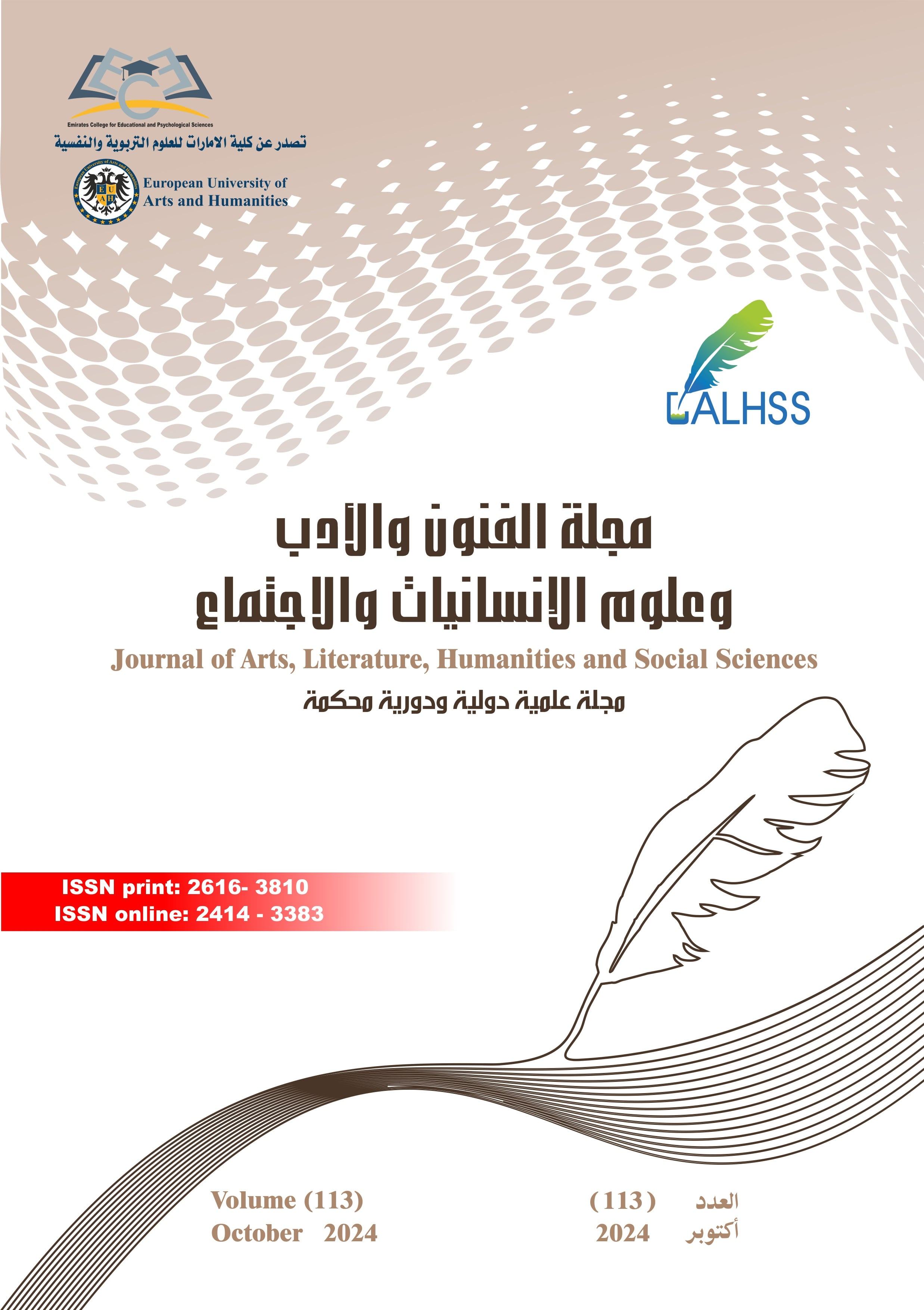The Relationship between Mental Health and (Smoking, Energy Drinks) among High School Students in Nablus Governorate
Abstract
The study aimed to investigate the relationship between mental health and certain variables, specifically smoking and energy drinks, among high school students in Nablus Governorate. To achieve the study's objective, a descriptive research method was employed. The study used the Mental Health Inventory developed by Leonard R. Derogatis, and it was adapted for the Palestinian context by Thabet (2012). The study was conducted on a sample of 300 students, selected randomly. The results showed a statistically significant positive relationship between smoking and somatic symptoms. This means that as smoking increased, so did the appearance of somatic symptoms. Additionally, a statistically significant positive relationship was found between smoking and depression, indicating that as smoking increased, the symptoms of depression also increased. A positive relationship was also observed between smoking and anxiety, meaning that as smoking increased, symptoms of anxiety also increased. The results further indicated a statistically significant positive relationship between energy drinks and somatic symptoms, with an increase in energy drink consumption associated with more somatic symptoms. A statistically significant positive relationship was also found between energy drinks and depression, suggesting that higher consumption of energy drinks was related to increased symptoms of depression. Lastly, a positive relationship was found between energy drinks and anxiety, meaning that as the consumption of energy drinks increased, so did the symptoms of anxiety. In light of the study's results, the researcher recommended raising awareness about the impact of smoking and energy drinks on the mental health of adolescents. Additionally, it is important to focus on developing preventive programs to enhance mental health among students at all educational levels, especially in high school.
References
2. معهد الصحة العامة والمجتمعية (2010) التدخين والعوامل المرتبطة به،جامعة بيرزيت، فلسطين
3. فهمي، م. (1987). الصحة النفسية: دراسات في سيكولوجية التكيف (ط. 2). مكتبة الخانجي.القاهرة.
4. الصباح، حليمة.، قمحية، نعيم.، و يونس، مصطفى. (2015). أنماط استهلاك مشروبات الطاقة وآثارها الجانبية بين طلاب الجامعات في فلسطين: دراسة عرضية. المجلة العربية للصحة العامة، 2(2).
5. عوض، يونس،(2008). التدخين وعلاقته بمستوى القلق وبعض سمات الشخصية للأطباء المدخنين (رسالة ماجستير غير منشورة). الجامعة الإسلامية، غزة، فلسطين.
6. Andrea H,Weinberger, A. H., Kashan, R. S., Shpigel, D. M., Esan, H., Taha, F., Lee, C. J., Funk, A. P., & Goodwin, RD. (2016). Depression and cigarette smoking behavior: A critical review of population-based studies. Current Psychiatry Reports, 18(7), 416-431. https://doi.org/10.1007/s11920-016-0707-3Depression and cigarette smoking behavior: A critical review of population-based studies>
7. Ishak, W. W., Ugochukwu, C., Bagot, K., Khalili, D., & Zaky, C. (2012). Energy drinks: Psychological effects and impact on well-being and quality of life—a literature review. Innovations in Clinical Neuroscience, 9(1), 25–34.
8. Utter, J., Denny, S., Teevale, T., & Sheridan, J. (2018). Energy drink consumption among New Zealand adolescents: Associations with mental health, health risk behaviours and body size. Journal of Paediatrics and Child Health, 54(3), 217-336. https://doi.org/10.1111/jpc.13981
9. Trapp, G. S. A., Allen, K., O'Sullivan, T. A., Robinson, M., Jacoby, P., & Oddy, W. H. (2013). Energy drink consumption is associated with anxiety in Australian young adult males. Journal Name, Volume(Issue), Page Range
Copyright (c) 2024 مأمون صادق شواهنة , أحمد عادل حنني

This work is licensed under a Creative Commons Attribution-ShareAlike 4.0 International License.



